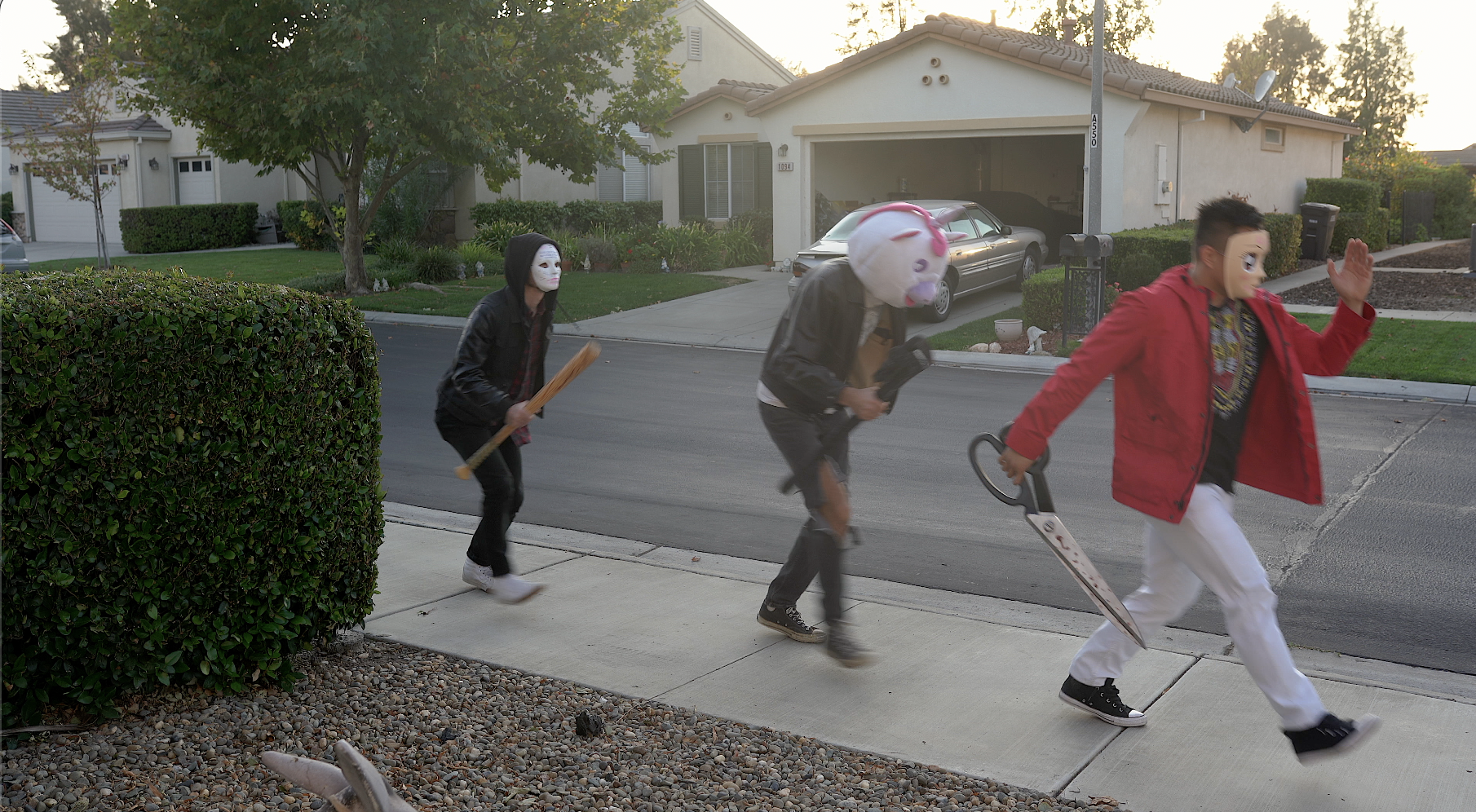5 Tips and Strategies to writing an Original and Engaging Screenplay
Coming with the idea is the easy part, while writing the script is the hard part. The screenplay serves as the first important milestone in an film coming to life, and getting your ideas onto the page can be filled with roadblocks. Not only are you writing an screenplay, but hopefully your goal is to write an exciting original and engaging screenplay that people want to see be brought to the screen. Here are some tips and strategies to help aid you on your screenwriting journey.
1. Make sure the core concept is solid.
What is an core concept? It basically is your films story boiled down to one sentence or idea. So if someone asked you what your movie was about and you only had one sentence to describe it, this would be it. For example, Harry Potter would be something like "An young student attends Magic School" or "Dinosaurs escape from zoo theme park" for Jurassic Park. The core concept should be something exciting and that sparks imagination. Take something like "Vampires vs Zombies" and run that thorough your mind. Are the zombies and vampires fighting in olden times with medieval castles and villages, or is the story taking place in a cyberpunk like city with gang turf vibes?
The cool thing about a core concept is that you could give it to two different filmmakers and have two very different films come out of it. So if your core concept does not sound engaging or fun, then the whole structure of the screenplay is going to have trouble down the line. Your starting point is important, so make sure you get off on the right foot before even writing your screenplay.
2. Make sure the beginning has a hook and enough action.
I don't have to be the first one to tell you first impressions are important. The age of social media and tiktok has crated so much content that we now have a shorter attention span than a goldfish. Now I assume you are not writing your screenplay for a audience of goldfish, so make sure the start of your film grabs your audience. They used to say you had 10 pages of script to grab someone's attention and investment into your story, but I think now you might only have two or one. If the audience checks out at the start of film, pulling them back in will be a challenge.
Think of how most horror movies open up with the killer or creature taking out a victim like in "It Follows" or "Evil Dead Rise". These act as a short film as sorts to get us hyped for the feature story that is about to unfold. If the beginning of your script is engaging to read, then readers will know the rest of your script will have some interesting stuff as well. Just avoid have two guys talking on the couch as your opening.
3. If you get stuck with writers block, breath and take a break.
There are times where you are on a roll, cranking out page after page of epic storytelling. But then, the brakes come on in brainville and you are suddenly staring at a blank screen. First of all, this is normal and happens to almost every writer. The thing to do if this happens is to walk away. Yes, you hared me correctly. You see, only 20% of the story creation happens in front of the computer screen. The other 80% comes from letting your mind wondering while your doing other stuff while you can kinda be on auto pilot.
The key here though is to think about your story when your doing stuff like taking a shower, exercising, or driving. Run the story in your mind and have it go through different scenes improve style. For example, if the ending of your film is giving you trouble, try running a scene in which it has a happy ending, and then later try running it with an sad ending. Maybe try ending it with a hard cut to black and let them want more. By doing this, you'll see what sticks and what doesn't. Then when something hits you, remember it till you can get back to the computer to knock it out.
It's a bit of embracing the multiverse, but the main takeaway here is that you are thinking about story all of the time, instead of just sitting in front of the computer. Some moments in real life will stick with you to, such as friend saying a funny line or a weird story you hear from a coworker. Inspiration is everywhere you look, you just gotta pay attention.
4. Remix it!
Okay, how many zombies movies have you seen. Most likely a few yes? Well they are more then 1000 zombies movies out in the wild. So let's say, you really love zombies and want to make a zombie film on a indie budget. This is where the challenge comes in. You don't want to write a zombie movie that people have already seen countless times and if you try to write a zombie movie that follows the formula, you'll be completing with people who had bigger budgets and the advantage of being first.
So instead, embracing the way of the remix. Take "Army of the Dead", it's an zombie movie, but with elements of a heist film thrown in. So while it can play with well worked zombie tropes, it can bring enough of the heist element in there to make something feel new. This is the strategy we want. Being familiar enough that people know what is happening but throwing in enough new stuff to make it fresh and fun.
Sophie and the Serial Killers did this with it's opening scene, in which we made fun of a typical horror opening by turning it into a musical sequence with a bit of dancing. Once you have a cool remix in mind, the rest will come naturally.
5. Don't Give Up, Write it.
In the end, if the screenplay does not get finished then it's game over. So my final tip for you is to just write it down, even if you don't think what you are writing is good. If you have words on the page, you can always edit them later, but you can't edit an blank page. If you know the beginning and end of your movie, then write those down and think about the middle as you do. Films are not shoot in order so your script does not have to written in order either. (Just make sure it is in order once you have all your scenes figured out).
Once you have reached that final page of the script and typed in "FIN", then you can take a much deserved breath and maybe you should do a victory dance to celebrate. Writing an screenplay will become easier the more you do it and figure out your own writing style and process. Now that you have your screenplay, you're ready to move onto the next stage of sending it out or making it yourself. I hate to say this, but making the screenplay is the easy part, and making the film is the hard part.



